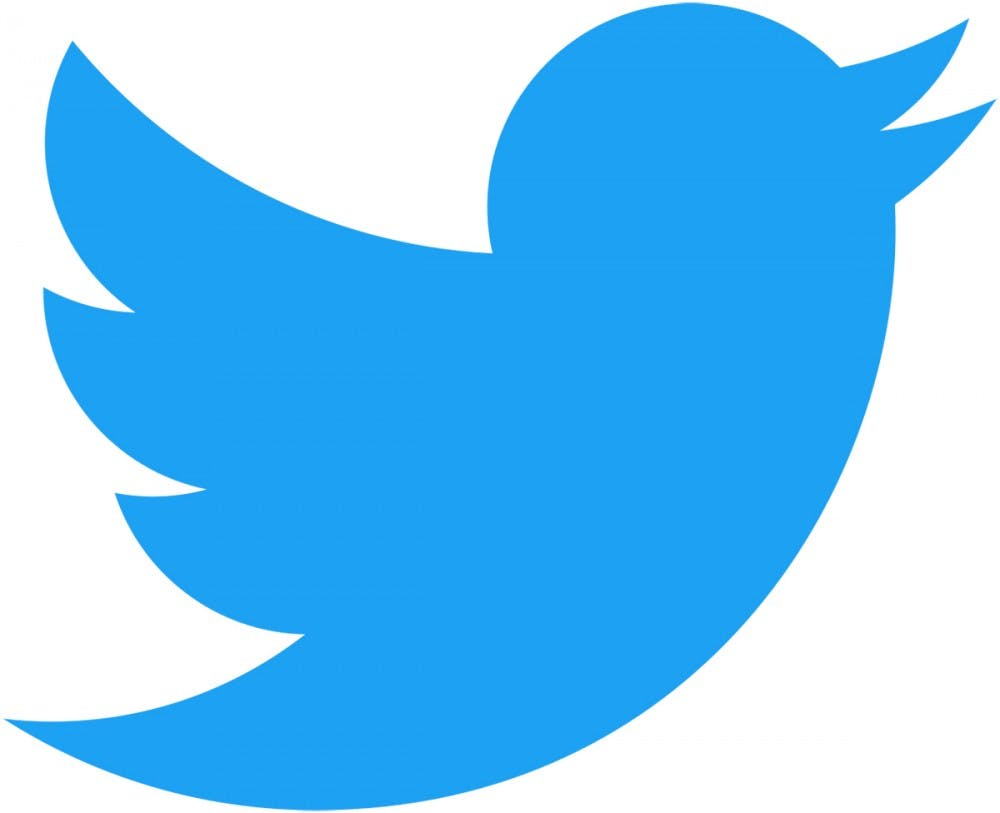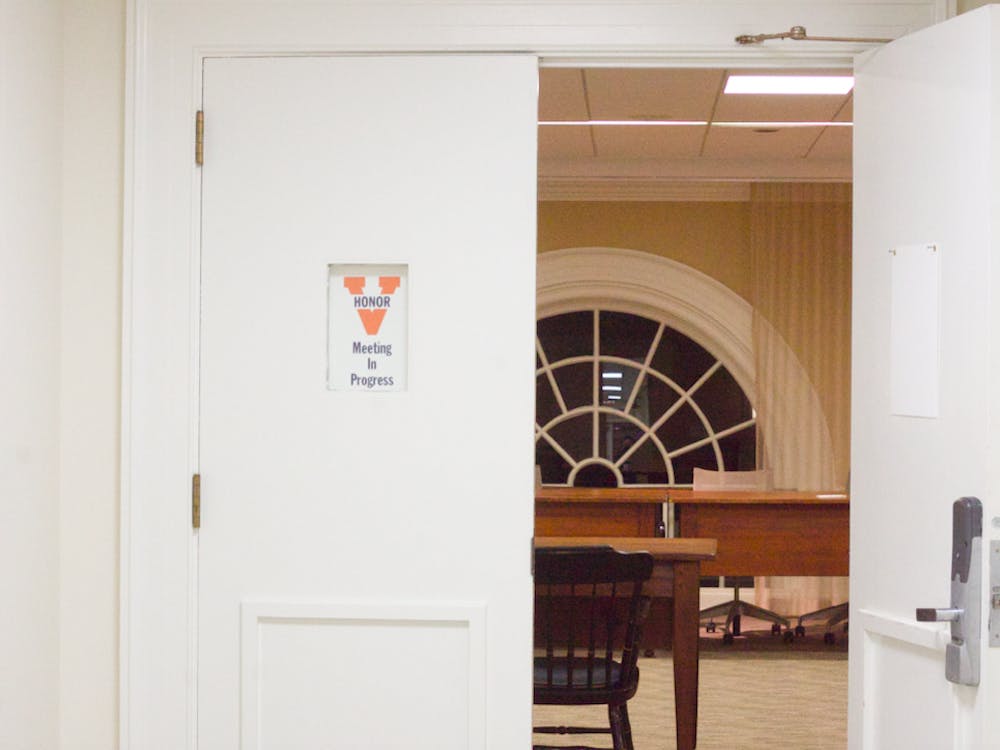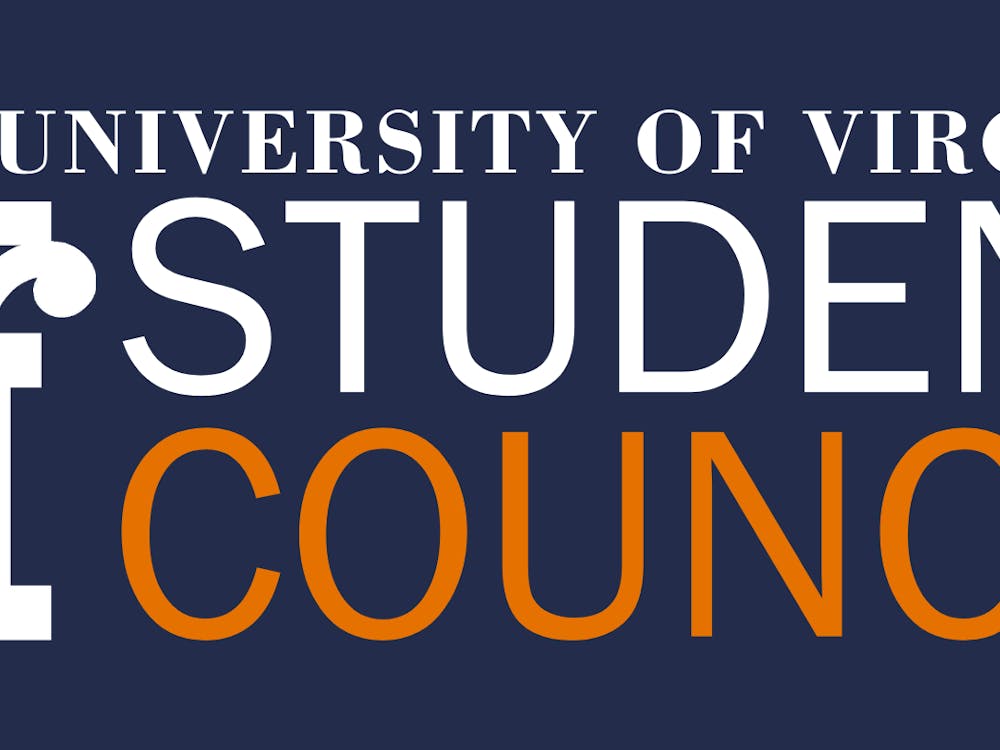According to a 2016 study by the Pew Research Center, about six in 10 Americans now get their news from social media. Following the unexpected results of the 2016 presidential election, some media outlets were quick to blame fake news for President Donald Trump’s win and to point out the dangers of social media as a news medium. By now it should be clear that the term “fake news” has been drained of all meaning. It was only two months ago that Syrian President Bashar al-Assad had the audacity to describe Amnesty International’s human rights violation report as “fake news.” And while there has been a wealth of discussion about how to stop the proliferation of fake news in recent months, there is still a dearth of deliberation regarding how citizens can effectively use social media for their own betterment. Given more and more citizens receive their news from social media, we must learn how to use these platforms effectively.
People often ask me how I am able to stay so informed on recent events. My answer is always the same: Twitter and Facebook. In fact, I would venture so far as to say that my social media use has heavily contributed to my intellectual development as a college student. Twitter and Facebook are be valuable tools which allow you to interact with a wide array of ideologies, international perspectives and news sources.
During my first year at the University, I asked my roommate if he had a Twitter account. He said he did, using it mainly as a news aggregator. He also raised an interesting point: If one is willing to click on articles and go past the headlines, Twitter and Facebook can provide an excellent aggregate for a large number of news sources. Two years ago, as the U.S. election approached, I was determined to become more informed. I broadened my global scope by following the Twitter accounts of international sources like BBC and Al-Jazeera. Social media platforms also allowed me to hear from as many different voices as possible. Moreover, social media allowed me to interact directly with prominent activists, journalists and politicians. Although the democratization of information has its downsides, citizens can use it to their advantage. The answer is to follow as many sources as possible and to stay critical of dominant narratives, while also respecting the authority of experience and established sources.
Twitter has been a valuable tool for activist movements around the world. Under the hashtag #BlackLivesMatter, activists were able to share photos and videos of excessive police force and militarization. Not only did activists use Twitter as a platform to publicize the use of tear gas, but activists in Palestine were actually able to provide them with real advice. More fundamentally, social media is an effective protest tool because it facilitates mass organization and communication as we have seen with the Arab Spring, Iran and Standing Rock. All of these examples serve as counterpoints towards recent negative assertions about the impracticality of social media activism. Furthermore, on a more mundane level, social media “slacktivism” has been equally effective. The much derided Ice Bucket Challenge actually raised millions of dollars which helped scientists with breakthroughs in ALS research. In addition, social media outlets are also making themselves more conducive towards civic activity. Facebook has added a townhall feature, providing constituents a direct connection with their representatives. Social media is not just an effective aggregate of mainstream media and news sources — it can empower the underrepresented and serve as a magnifying voice for underreported issues.
In 2016, Facebook reported that the average user spent nearly an hour on its platforms per day. The ubiquity of social media use forces us to constantly interact with the prominent issues of our time. The democratization of information and our increasing reliance on social media pose unique challenges for the future. However, I believe social media, if used properly, can serve as an effective tool for strengthening democracy in the United States and around the world.
Weston Gobar is a viewpoint writer for the Cavalier Daily. He can be reached at opinion@cavalierdaily.com.






